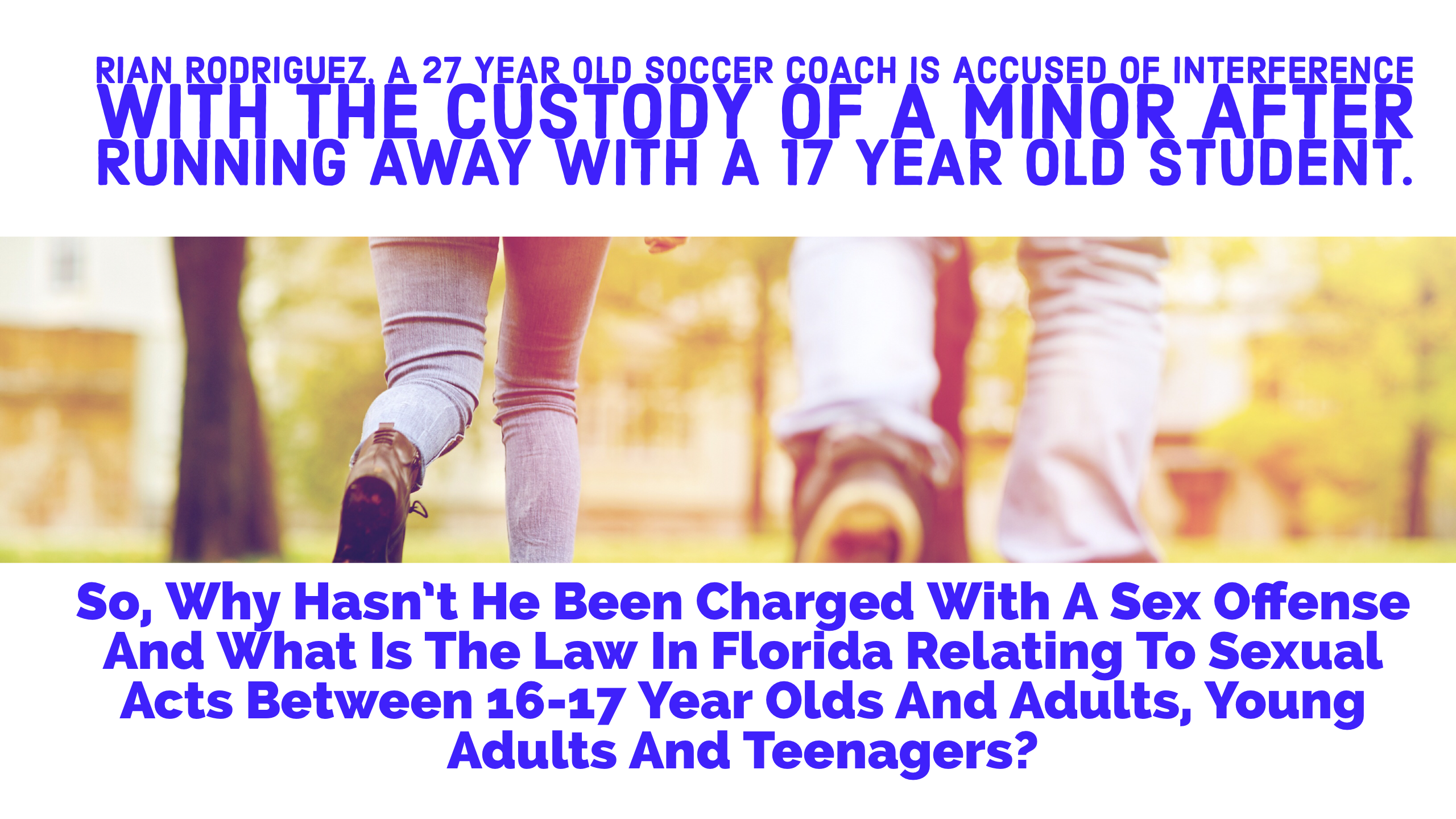When a defendant in Florida pleads guilty or no contest to a crime, or goes to trial and is convicted by a jury, the next step is for the judge to sentence that defendant. Most sentences for crimes other than minor misdemeanors involve incarceration, probation or both. When a defendant is placed on probation, the judge will normally require the defendant to complete certain conditions while on probation, such as community service, paying restitution, some type of treatment, etc. The judge also has the authority to require more unorthodox conditions when the facts of the case make such requirements appropriate.
For instance, in a recent sexual battery case near Jacksonville, Florida, the defendant was placed on probation for 10 years, and one of the conditions prohibited the defendant from accessing the internet except for work and shopping, but no access to social media sites in any case. The criminal defense lawyer objected to that condition and ultimately appealed the sentence to the appellate court. The criminal defense attorney argued that the condition forbidding internet use violated the defendant’s First Amendment rights. The legal analysis for such a First Amendment issue looks at whether the judge’s condition is narrowly tailored to protect a compelling government interest. In other words, the state or the judge can infringe upon a person’s First Amendment rights, but the particular condition that does so must be designed to protect a significant interest and it must not be overbroad in doing so. The criminal defense lawyer conceded that protecting children from a convicted sex offender was certainly a compelling interest. However, the criminal defense attorney argued that such a broad internet restriction was not narrowly tailored to protect that interest.
The criminal defense lawyer cited a United States Supreme Court case which held that a North Carolina statute was unconstitutional as it created a felony crime for any sex offender to access certain websites, including general social media websites like Facebook and Twitter. The Florida appellate court distinguished that case because the North Carolina case involved a statute that limited sex offenders from accessing the internet even after their sentences were completed. So, even after they had successfully completed probation, those sex offenders were still restricted from accessing the internet and risked committing a new felony crime for a violation. That statute did violate the First Amendment as it was prospective and indefinite.
 Jacksonville Criminal Lawyer Blog
Jacksonville Criminal Lawyer Blog


